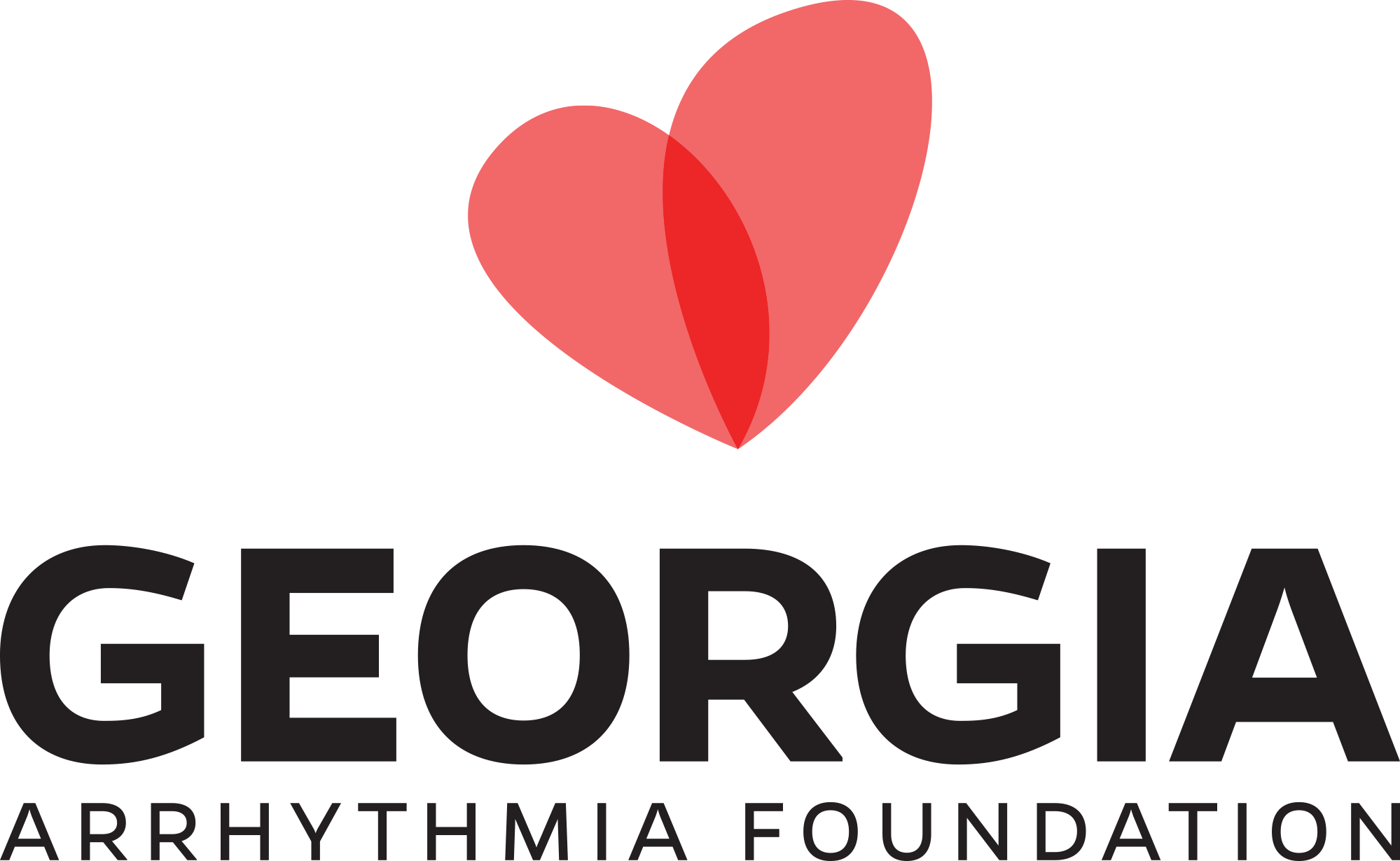 |
Sudden Cardiac Arrest Research and Education | |
AED DONATIONIn our previous years, we have been able to purchase over 60 AEDs which we have donated to local organizations. Recently, one of our donated AED’s was used to save a gentleman’s life. It’s so rewarding to know a defibrillator placed as a result of this event, was used to save a life. Thanks to all our sponsors who have made our events so successful. |
Sudden Cardiac Arrest Research and Education 5K (S.C.A.R.E.) is now approaching our 10th year! To date we have donated over 40 Automatic External Defibrillators (AEDs) to local community organizations. We have provided community CPR and BLS training as well. As you may know, Sudden Cardiac Arrest (SCA) is the number one cause of death in the U.S. More than 350,000 people a year suffer SCA with less than 5% survival rate. Early defibrillation is crucial to increase the survival percentages. The goal of the S.C.A.R.E. 5K is to promote community awareness of SCA and provide education on prevention. We are saving lives! What is Sudden Cardiac Arrest?Sudden Cardiac Arrest (SCA) is a condition in which the heart suddenly and unexpectedly stops beating. If this happens, blood stops flowing to the brain and other vital organs. SCA usually causes death if it’s not treated within minutes. To understand SCA, it helps to understand how the heart works. The heart has an electrical system that controls the rate and rhythm of the heartbeat. Problems with the heart’s electrical system can cause irregular heartbeats called arrhythmias. There are many types of arrhythmias. During an arrhythmia, the heart can beat too fast, too slow, or with an irregular rhythm. Some arrhythmias can cause the heart to stop pumping blood to the body—these arrhythmias cause SCA. SCA is not the same as a heart attack. A heart attack occurs if blood flow to part of the heart muscle is blocked. During a heart attack, the heart usually doesn’t suddenly stop beating. SCA, however, may happen after or during recovery from a heart attack. People who have heart disease are at higher risk for SCA. However, SCA can happen in people who appear healthy and have no known heart disease or other risk factors for SCA. Most people who have SCA die from it—often within minutes. Rapid treatment of SCA with a defibrillator can be lifesaving. A defibrillator is a device that sends an electric shock to the heart to try to restore its normal rhythm. |












